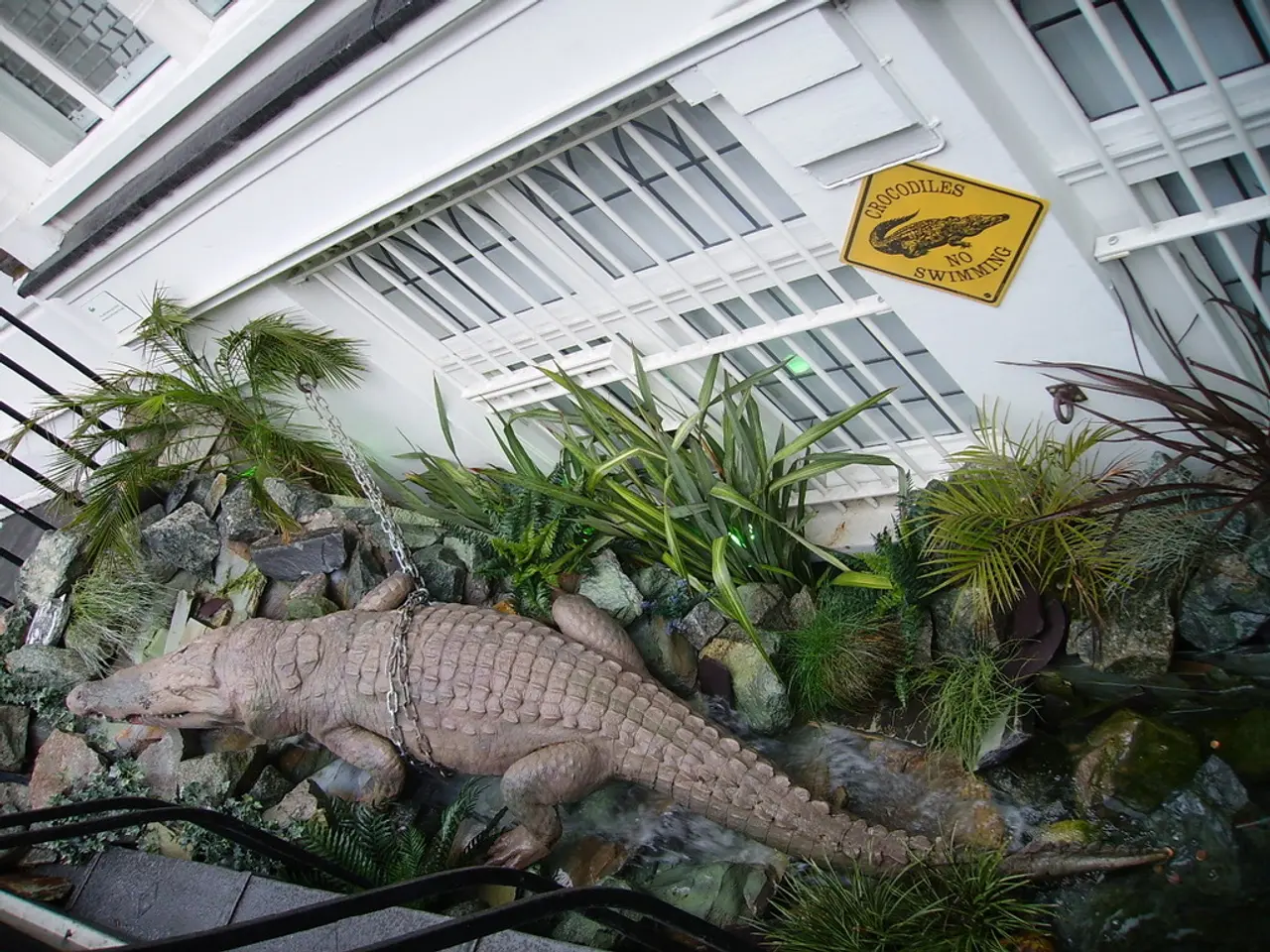Automotive market share demonstrates a decline, with electric vehicles (EVs) accounting for only 6.9% following a drop from Tesla, despite a surge from BYD.
Tesla EV Sales Slump in Australia: Supply Constraints and Rising Competition
In July 2021, Tesla's electric vehicle (EV) sales in Australia took a significant dip, with the Model Y and Model 3 selling 555 and 362 units respectively, a stark contrast to the nearly 4,900 vehicles delivered in June and almost 3,900 in May. This sales slump is not a sign of waning customer demand, but rather a post-quarter delivery pause and supply constraints, according to Tesla insiders.
The dramatic decrease in Tesla's sales is primarily due to exceptionally high deliveries in May and June, which fulfilled orders accumulated since early 2025. As a result, July reflected a natural slowdown as inventory was replenished.
Meanwhile, competing EV manufacturers, notably the Chinese brand BYD with its Sealion 7 model, have increased their market share and outsold Tesla's Model Y in July 2021. This reflects the growing competition in the Australian EV market.
The Australian EV market share fell from a record 10.3% in June to 6.9% in July, with Tesla’s slump a major factor despite growth by other brands.
In July 2025, the situation reversed, with the BYD Sealion 7 becoming the best-selling EV in Australia, selling 1,427 units. Other brands also saw growth, such as the Kia EV5 with 462 sales, the Geely EX5 with 490 sales, and the Kia EV3 with 251 sales.
The Australian market for full battery electric vehicles made up 6.9% of the total market in July 2021. In the same month of 2025, this figure remained strong, with 7,129 battery electric vehicles sold, including the Hyundai Ioniq, MG's new premium offerings, the IM5 and IM6, which sold 14 and 35 units respectively.
The sales results in July 2021 have sparked new incentives, including from Tesla, suggesting that EV prices may drop further in the coming months, making electric vehicles even more accessible to consumers.
[1] Tesla's July Sales Slump Explained
[2] Tesla's Australian Sales Slump: A Post-Quarter Delivery Pause and Supply Constraints
[3] BYD Sealion 7 Outsells Tesla Model Y in July 2021
[4] Australian EV Market Share Falls in July 2021
[5] Tesla's Sales Patterns Explained
[1] Tesla's July Sales Slump Explained: The dramatic decrease in Tesla's sales in July 2021 was primarily due to a post-quarter delivery pause and supply constraints, causing a natural slowdown as inventory was replenished.
[2] Tesla's Australian Sales Slump: A Post-Quarter Technology Integration Challenge: Meanwhile, competing EV manufacturers, such as the Chinese brand BYD with its Sealion 7 model, have been leveraging advanced technology to improve their vehicles and outsell Tesla's Model Y in July 2021, contributing to the growing competition in the Australian EV market.




